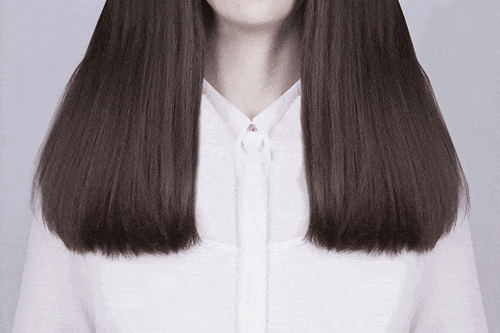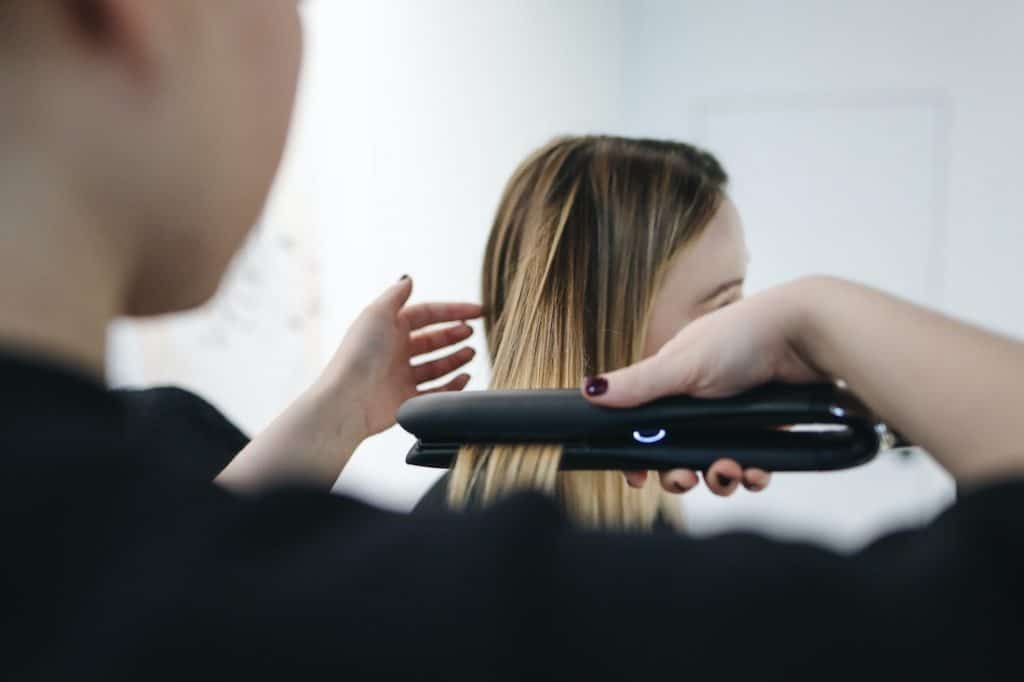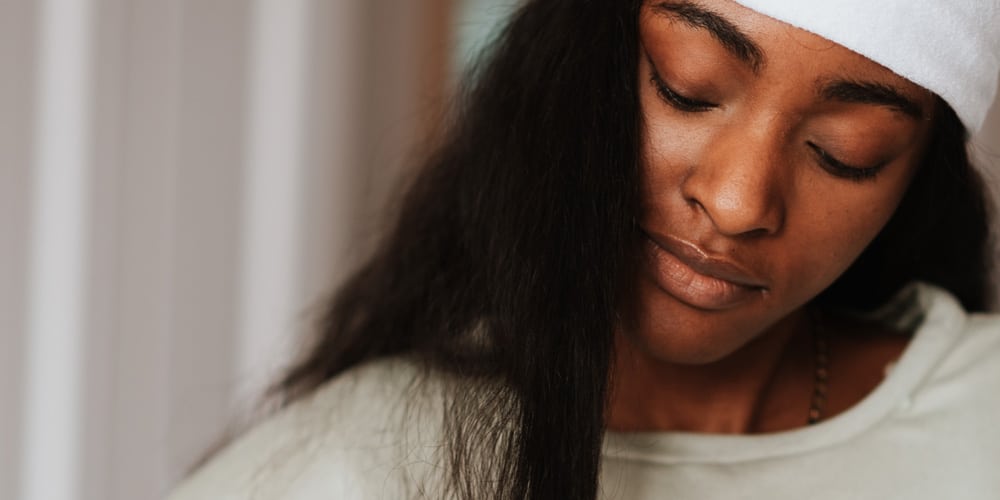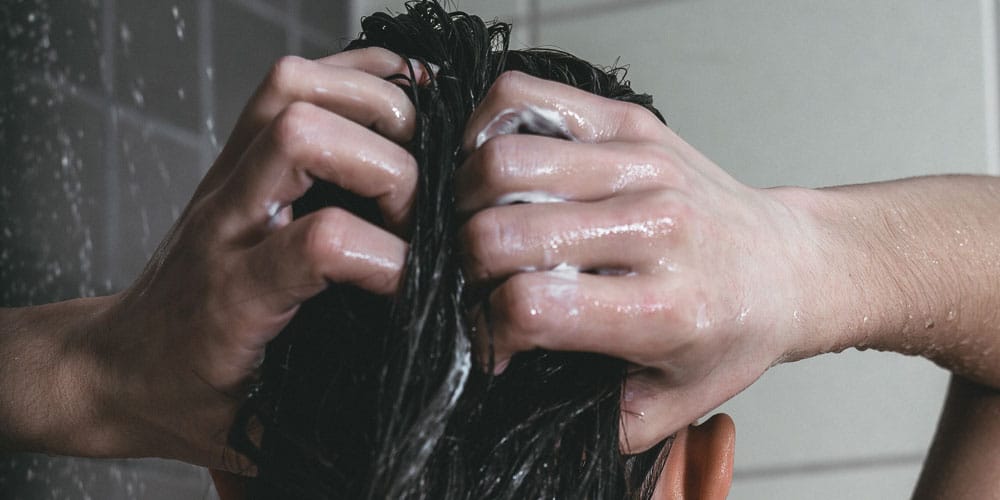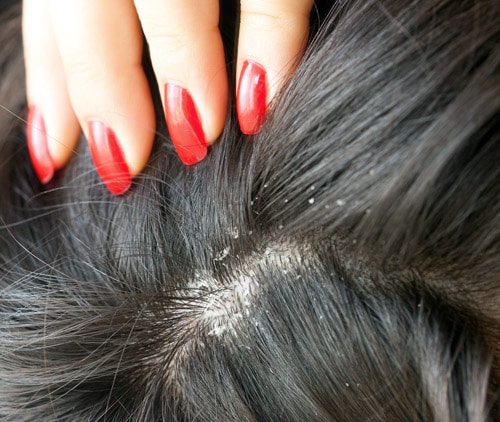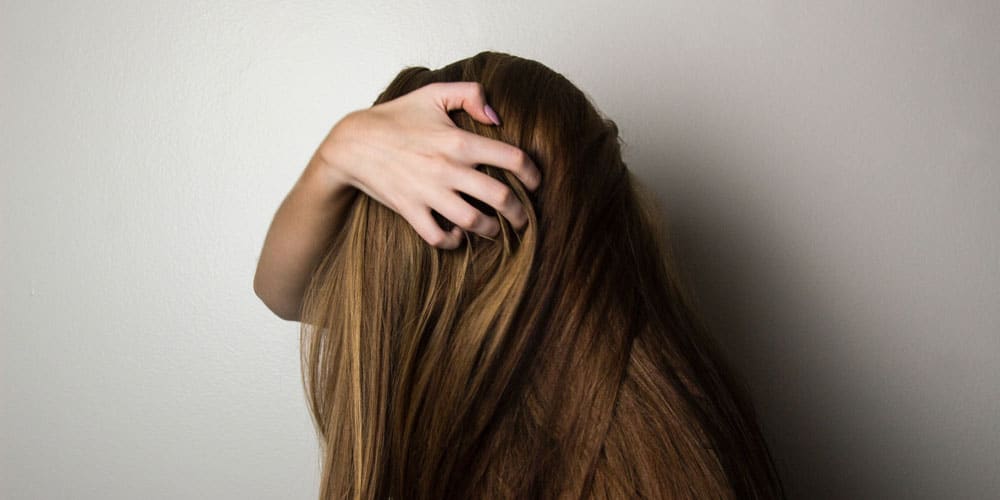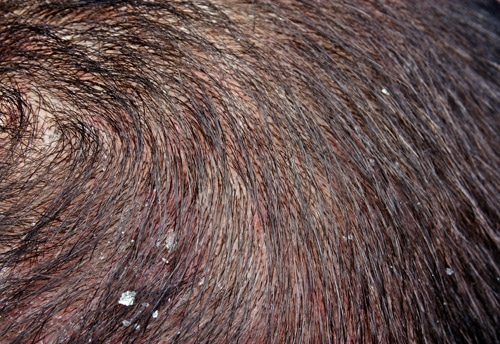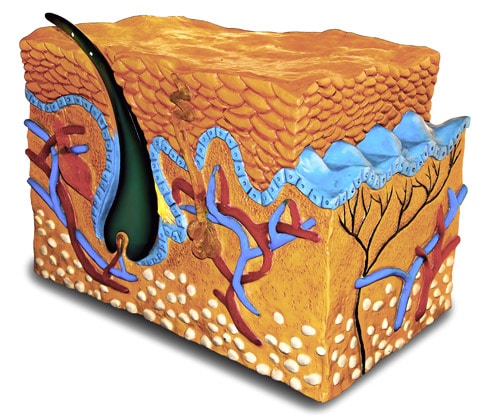Articles
Discover our analyses and expert opinions on hair health issues in general and hair loss and hair care in particular (greasy hair, fine hair, electric hair, brittle hair, dry hair, dull hair, dandruff and irritation...). Complex issues that concern us all, whatever our hair type. If you have any questions, you can reach our specialists on +33 (0)1 42 61 28 01.
Brazilian straightening
Last minute, October 2024: new health risks lead the health authorities (Agence Nationale de Sécurité Sanitaire) to "advise against the use of these products" see: https://www.ameli.fr/assure/actualites/alerte-sur-les-risques-lies-aux-produits-de-lissage-bresilien HOW DOES IT WORK? Chemical + thermo-mechanical action This involves...Blow-drying and straightening irons
HOW DOES IT WORK? Thermo-mechanical action, reversible with humidity Both processes act on the flexible hydrogen and salt bonds in keratin. But because these bonds are hydrophobic (they don't like water), they immediately revert to their natural form, as soon as the...How do you straighten your hair? We explain it all to you!
If you've got frizzy hair, it's often very tempting to have it straightened. The idea is that straightened hair will be easier to style for both men and women, because it will be...The benefits and harmful effects of the sun on your hair
In summer, what's good for some hair types is bad for others: it all depends on the nature and sensitivity of your scalp. Just like your skin, your hair needs attention if it's to enjoy...Treating the three vital functions of hair
Clauderer treatments rebalance the hair's three vital functions to prevent hair loss, particularly in women. The birth and development of hair (keratinisation) depend on three vital functions: Elimination - Circulation - Regeneration. If...How can I make my hair grow faster?
Who hasn't dreamt of one day having long, dense, supple hair that fell to mid-back or even to the hips? Without necessarily wanting to achieve such lengths, perhaps you simply want to know how to make your hair grow faster...Vitamin ingredients for hair
AN ESSENTIAL TRIO These three ingredients are essential, as they form the very raw material of keratin. So it's essential that you find them in every product you buy to combat alopecia, whatever the nature of the problem.What are the best vitamins for hair?
What can vitamins do for hair? Are they effective? Back to school comes with its share of stress, new things that aren't always pleasant, bad weather, etc, etc, ... You feel flat, you lack energy and your hair...How to shampoo properly?
The way you shampoo your hair is no trivial matter, and goes a long way to determining your hair's ecosystem. Here are 10 questions and answers to dispel preconceived ideas and help you shampoo successfully. Two successive washes are recommended for clean hair....Scalp psoriasis and hair loss
Have you noticed the appearance of yellow or white patches on your head accompanied by severe itching? What if it's psoriasis? A chronic inflammatory skin disease, psoriasis is thought to affect 2% to 3% of the population...Dandruff and itchy scalp
Although we tend to associate dandruff with itchy scalp, this is not necessarily automatic. You can have an itchy scalp without it being linked to dandruff, and vice versa....Seborrheic dermatitis of the scalp and hair loss
Do you have red patches appearing in your hair, causing dandruff and severe itching? Is your scalp red and irritated? Do these patches extend from your scalp to certain parts of your face, and...What can I do to repair my dull, porous hair?
Is your hair lacking in shine? Is it dull and dry, and despite all the care you lavish on it, no remedy seems sufficient to restore its vigour and shine, suppleness and vitality? Hair is not naturally dull or...How can I moisturise my scalp and dry hair?
Dry hair is not inevitable, as long as you understand the causes. Clauderer's specialists can explain why you get dry hair, and explain the right things to do and the wrong habits to avoid.What can I do to thicken my thinning hair?
It's one thing to have naturally fine hair, but it's quite another to see it getting thinner by the day, whatever its original thickness. There's no need to wait for thinning areas on the scalp...How can I stop my hair from falling out?
First of all, find out exactly what your symptoms are! How can you defeat an enemy if you don't know exactly who he is? And even if you're sure that the trigger for your hair loss is stress,...What to do about electric hair
Hair is attracted to your comb, brush or jumper because its static electricity charge is the opposite of that of these objects. Is your hair electric in winter? Are you unable to style it? Find out more...How to stop greasy hair?
What causes greasy hair? What can you do about it? Our advice on how to avoid the embarrassing and unsightly consequences of this natural physiological phenomenon, which is good for the health of our skin and scalp...Brittle hair: what can you do?
A cascade of thick hair, bursting with vitality, reflecting light from root to tip with the slightest movement, and why not a mass of supple, invigorating curls to complete this idyllic picture... Who among us hasn't...What is hair keratin?
Keratin is the raw material of our hair, accounting for 97% of its final composition. Is it a living or a dead organ? Is it fragile or infinitely manipulable? Its complex structure is not easily...Hair life cycle
What is the average length of a hair life cycle? Our hair is constantly being renewed, with an average life cycle of 3 years for men. For women, it's longer: it varies between...2011 discovery on hair stem cells
FOCUS ON HAIR SOURCE CELLS In 2011, researchers at the University of Pennsylvania (USA) made an essential discovery about hair stem cells. When everything is running smoothly, these cells convert into keratinocytes, the cells that make up hairCOPY00Why is the hair follicle of interest to researchers?
UNIQUE PROPERTIES OF THE SHEEP CELLS OF THE HAIR FOLLICLE The scientific community is so concerned with the hair follicle, of course, to develop increasingly effective treatments for alopecia. But it is also for other reasons, which have to do with the...how the hair follicle works ?
The hair follicle is a small pocket of epidermis (in blue above), where the hair is produced and where its root is located (in black). The only living organ that can die and come back to life in a perfectly autonomous and cyclical way, the hair follicle...

